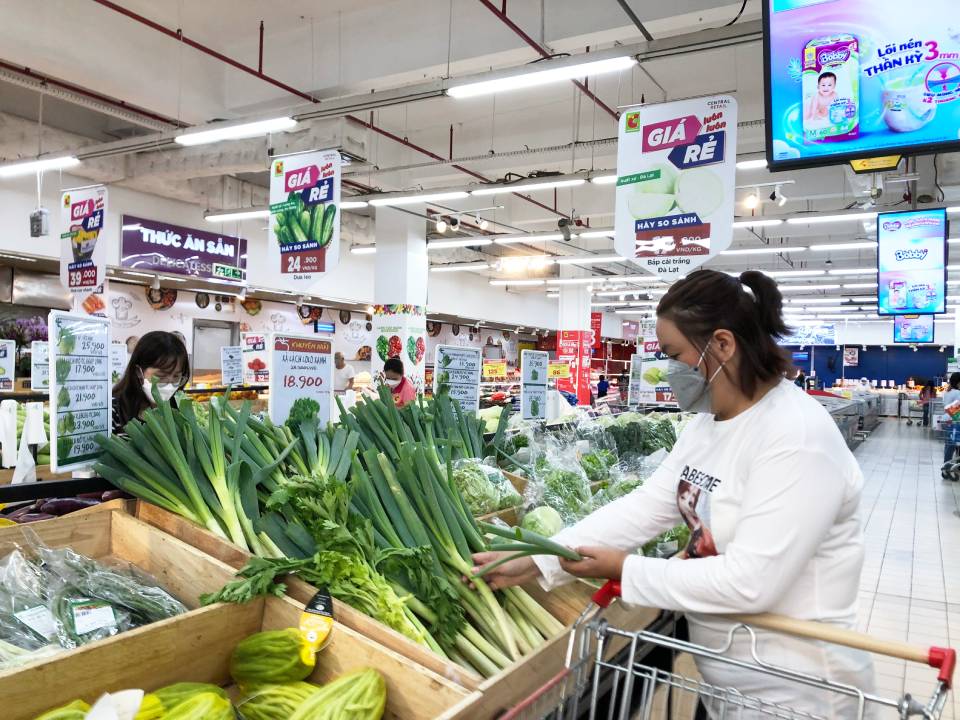HCMC – The World Bank (WB) has recommended the Vietnamese Government consider taking measures to provide support, especially targeted direct support, for local disadvantaged households in dealing with a spike in goods and service prices.
According to the WB’s report updating Vietnam’s macroeconomy in June, the consumer price index (CPI) rose for four months in a row, from a year-on-year increase of 2.6% in April to 2.9% in May.
The CPI increase was attributed to the constant fuel price hikes in May, with 5.9% and 4% against the previous month, respectively. Similarly, May saw fertilizer prices inching up 5.6% month-on-month, while in April they only rose 2.8% versus the previous month.
In May, iron and steel prices climbed 1.8% month-on-month, while April recorded a 4.2% rise month-on-month.
Besides, food and foodstuff prices gained slightly, from a month-on-month rise of 1.1% in April to 1.3% in May.
Core inflation, which excludes prices of fresh food, energy and State-controlled healthcare and education services, increased 1.6% year-on-year in May, up from 1.5% in April.
Given these indicators, WB recommended Vietnamese authorities remain cautious about the inflation risk linked to fuel and imported goods price hikes, as it could hinder economic recovery at home.
Nguyen Bich Lam, former head of the General Statistics Office of Vietnam, also forecast that the country’s inflation in 2022 will stay at 4-4.5%, with three major factors affecting inflation comprising supply chain disruptions, soaring prices of input materials and fuels and a sudden increase in aggregate demand amid global supply chain disruptions.
Lam said supply chain issues exert the most significant pressure on the country’s inflation, as Vietnam has an open economy with manufacturing heavily relying on imported materials. The costs of imported materials account for 37% of the country’s total material costs.
In addition, Western sanctions against Russia due to its military conflict in Ukraine have worsened global supply chain disruptions, thereby pushing up commodities prices in global markets.
To cushion the impact of inflation, WB said that the Government should mull over temporary support measures, including those to aid poor families in coping with price hikes.
The bank also noted that the global price shock is mostly due to fuel price hikes that have driven up transport costs. Therefore, targeted, temporary subsidies offered to those directly affected, such as truck drivers, should be taken into account to reduce inflationary pressure.
Further, the Government should encourage investments to help increase aggregate supply.









